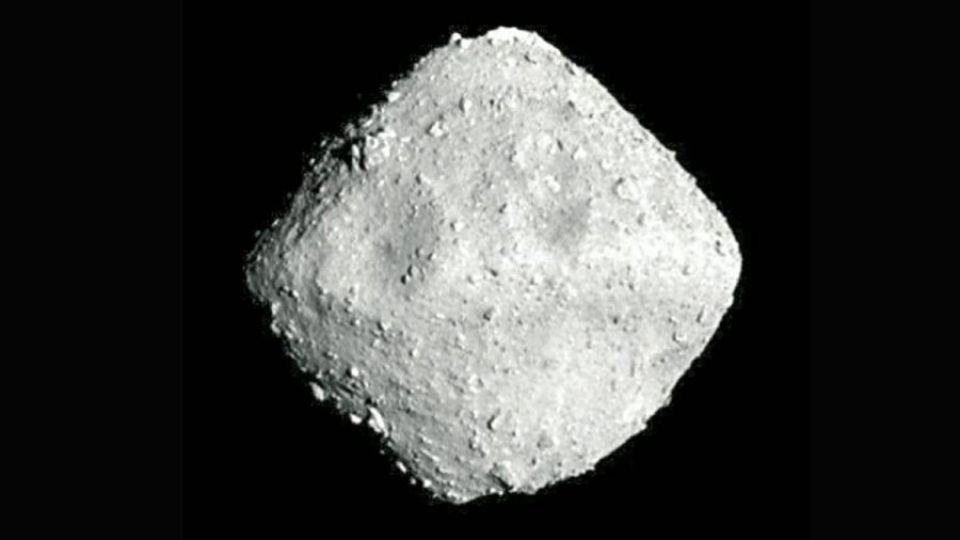March 24, 2023
TOKYO – A team from Hokkaido University and other organizations has found a key building block for life in samples from the Ryugu asteroid that were retrieved by the Hayabusa2 spacecraft.
The team found uracil, one of the four building blocks of RNA, which is used by cells to communicate genetic information. They also found nicotinic acid, known as vitamin B3 or niacin.
The findings reinforce a hypothesis that components of life were brought to Earth from space, according to a study published in the journal Nature Communications on Wednesday.
RNA is made using the information of DNA, the blueprint of life. While DNA is made up of four nucleobases — adenine, guanine, cytosine and thymine — RNA uses uracil instead of thymine.
The team analyzed samples from Ryugu using a highly sensitive method for detecting bases and other elements.
As a result, they detected extremely small amounts of uracil, as well as niacin, which aids the function of enzymes necessary for the metabolism of life.
The team had previously found all five types of nucleobases from meteorites that had fallen to Earth, but there was always the question of contamination by exposure to the Earth’s environment.
The team’s latest discovery confirms that these materials arrived on Earth from space.
Yasuhiro Oba, an associate professor specializing in cosmochemistry at Hokkaido University who is on the team said, “There is a possibility that life-giving materials were universally supplied from space.”

